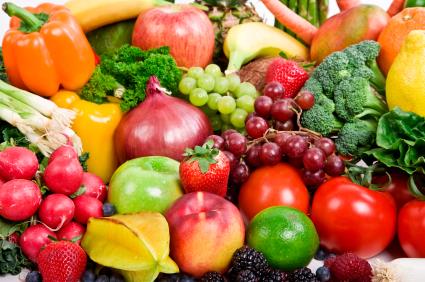Human immune system consists of a complex collection of cells, processes, and chemicals that constantly defends our body against invading pathogens, including viruses, toxins and bacterias.
Keeping our immune system healthy round the year is vital for preventing infection and diseases. Making healthy lifestyle choices by consuming nutritious foods and getting enough sleep and exercise are the most important ways to bolster our immune system.
Research has shown that supplementing with certain vitamins, minerals, herbs, and other substances can improve immune response and potentially protect against illness. However, it is important to note that no supplement can exclusively cure or prevent a disease.
Instead, this article provides ample information on well-researched supplements that may bolster immune system defences in general, which may help fight the Covid-19. Note that, there are many types of coronaviruses, some of which, like the common cold, cause only minor symptoms – unlike the little known COVID-19, which has often resulted in serious and sometimes fatal symptoms.
Supplements best known for their immune-boosting potential:
“Anything that makes your heart, lungs and kidneys healthy will certainly make your immune system healthy. There is no particular diet, other than avoiding highly processed foods loaded with sugar,” professor Pellegrini, an infectious diseases expert at Walter and Eliza Hall Institute says.
“There is no one food that can magically supercharge your immune system. Nutrients from a range of healthy foods are needed in the biochemical pathways that are triggered as your body fights an infection. The idea is to eat a range of foods that contain vitamins A, B, C, D and E and the minerals iron, zinc and selenium,” she adds.
- Vitamin A: Fish, egg yolks, cheese, tofu, nuts, seeds, whole grains and legumes.
- Vitamin B6 (riboflavin): Cereals, legumes, green leafy vegetables, fruit, nuts, fish, chicken and meat.
- Vitamin B9 (folate): Green leafy vegetables, legumes, nuts and seeds and commercial bread-making flour.
- B12: Animal products, including eggs, meat and dairy, and also in fortified soy milk.
- Vitamin C: Oranges, lemons, limes, berries, kiwifruit, broccoli, tomatoes and capsicum.
- Vitamin D: Mainly sunlight, but is also found in some foods such as eggs, fish, wholesome milk and margarine brands may be fortified with it.
- Vitamin E: Nuts, green leafy vegetables and vegetable oils.
- Iron: Meat, chicken and fish. Vegetarian sources include legumes, whole grains and iron-fortified breakfast cereals.
- Zinc: Oysters and other seafood, meat, chicken, dried beans and nuts.
- Selenium: nuts, especially Brazil nuts and meat, cereals and mushrooms.






































